This issue covers:
- EU lawmakers back strict new approval system for medical devices
- Make a date at MEDICA
- FDA finalises new system to identify medical devices
- Rigel passes the test at medical devices company
- Better design tests needed for medical devices, say engineers
- Don’t hesitate - calibrate
EU lawmakers back strict new approval system for medical devices
European Union lawmakers have backed a strict new approval system for high-tech medical devices, raising industry fears of added delays in getting new products to market that could dull Europe's competitive edge.
Members of the European Parliament's environment committee approved a new pre-market authorisation system of randomised clinical trials for implantable devices, covering everything from hip replacements to artificial heart valves.
Moves to tighten the rules followed a 2011 scandal involving France's now defunct Poly Implant Prothese (PIP), which for up to a decade made substandard breast implants with industrial-grade silicone that were used by hundreds of thousands of women around the world. Some critics said the scandal was the result of Europe's current authorisation system, which is less strict than in the United States where extensive testing is required before new products are approved for sale.
In response, the EU's executive - the European Commission - has proposed increased monitoring of device manufacturers and tougher government oversight of the 80 or so mostly private Notified Bodies that currently decide on product safety.
But the committee vote went far beyond the Commission's original proposals, calling for the establishment of a new pre-marketing assessment system for high-risk devices, which would be identified on a case-by-case basis and only authorised with the approval of the European Commission.
Europe's 100 billion euro ($135 billion) med-tech industry has said that would add years to the time it takes to bring new devices to market, removing a key advantage that EU companies enjoy over their U.S. rivals.
EU trade group Eucomed said in a statement: "The proposed regulatory system will not only unnecessarily delay by three years patient access to the latest lifesaving medical technology, but also deliver a devastating financial blow to Europe's 25,000 small and medium-sized device makers.” The body also questions whether the EMA will have the capacity to evaluate the 400 to 600 so-called "Class III", or high-risk, devices that currently reach the market each year in Europe.
Visit www.reuters.com/
Make a date at MEDICA
Visit us at MEDICA next month (November 20 – 23) to discover more about our advanced infusion pump analyser MULTI-FLO and range of performance analysers, electrical safety analysers and vital signs simulators.
Meeting all the requirements of IEC 60601-2-24, MULTI-FLO leads the way in high and low flow, occlusion, back pressure and bolus measurement and features variants of one, two and four independent channels.
Each channel can be tested simultaneously across a range of 100 μL (microlitre) to 1,500 mL per hour with results stored in the instrument’s large internal memory. With a sampling rate of 1Hz, the Multi-Flo can accurately detail any changes in flow and pressure rates, providing a real-time picture of the quality of infusion.
Associate director John Backes said: “I’m sure the many features and benefits of the MULTI-FLO alongside our other high performance instruments will be of real value added interest at MEDICA to new and existing customers.”
Also on display will be UNI-THERM, the easiest way to test all leading electrosurgical devices, providing accurate results as it quickly and automatically guides the user through test procedures. A key feature is the automated activation of the ESU pedal or hand switch from coag to cut, without the need to manually change resistors to simulate different tissue types, while contact quality monitoring (CQM) analysis, high current power measurement and HF leakage are also beneficial.
The compact UNI-PULSE defibrillator analyser and UNI-SIM, which is capable of undertaking six synchronised vital signs parameter tests simultaneously: NIBP, SpO2, ECG, temperature, IBP and respiration functionality tests will complete Rigel Medical’s impressive display.
Rigel Medical at MEDICA (stand 11-H11).
FDA finalises new system to identify medical devices
The U.S. Food and Drug Administration (FDA) have announced a final rule for the unique device identification system (UDI) that will provide a consistent way to identify medical devices.
The move has the potential to improve the quality of information in medical device adverse events reports, which will help the FDA identify product problems more quickly, better target recalls and improve patient safety.
The FDA has worked closely with the industry, the clinical community, and patient and consumer groups in the development of this rule. Medical device manufacturers call implementation of a UDI system a “costly and challenging endeavour,” and say that it is “imperative that it is implemented correctly the first time".
The UDI system consists of two core items. The first is a unique number assigned by the device manufacturer to the version or model of a device, called a unique device identifier. This identifier will also include production-specific information such as the product’s lot or batch number, expiration date and manufacturing date when that information appears on the label.
The second component is a publicly searchable database administered by the FDA called the Global Unique Device Identification Database (GUDID), which will serve as a reference catalogue for every device with an identifier. No identifying patient information will be stored in this device information centre.
A statement from Janet Trunzo, Senior Executive Vice President of Technology and Regulatory Affairs for the Advanced Medical Technology Association (AdvaMed), said: “While we are still reviewing all the details of the final rule, AdvaMed commends FDA for addressing many of the concerns industry raised in the proposed rule.
“We have long supported a UDI system for medical devices that, if appropriately implemented, holds the promise of more accurate and useful post-market surveillance and more rapid medical technology improvements. And this rule is a good step toward achieving that goal.”
More information at www.fda.gov
Rigel passes the test at medical devices company
One of the world’s leading suppliers of advanced medical devices, MEDRAD, uses Rigel Medical 288 electrical safety analysers to ensure high standards of electrical safety testing of contrast injectors used at sites across the UK and Western Europe.
Nine analysers are used by the team of UK field service engineers, together with a further 31 throughout Western Europe, as a highly cost effective, versatile and portable testing solution.
They enable engineers to quickly and accurately undertake more than 1,500 safety tests a year in the UK alone during the routine service and maintenance of MEDRAD’s installed base of contrast injectors.
“The 288 is an excellent instrument, providing a cost effective, high end testing solution. The engineers find it easy-to-use and appreciate the fact that it’s compact enough to carry around with them,” said Adam Reid, the company’s UK service manager.
Better design tests needed for medical devices, say engineers
The medical technology sector needs better ways of demonstrating the safety, effectiveness and performance of its products, says a report from the Royal Academy of Engineering.
Medical device developers could adopt methods from the engineering sector to help improve assessment where the kind of trials used to test new drugs are not appropriate, according to the report.
The UK’s strong research base and the NHS mean the country is well placed to generate the necessary high-quality evidence for such devices, said the report, produced following a roundtable discussion on the topic that brought together clinicians and engineers from healthcare, industry and academia.
Sir Alasdair Breckenridge, chair of the Medicines and Healthcare products Regulatory Agency, said: “As medical devices become more complex, their regulation needs to keep up with the underlying science.
“The current devolved European regulatory system requires a drastic overhaul to reflect these changes and collaboration between engineers, clinicians and regulators will become even more important.”
The report, published in collaboration with the Academy of Medical sciences, focused on the problem of testing medical devices when randomised controlled trials (RCTs) are not possible or appropriate. Devices, unlike medicines, are increasingly used as one aspect of complex treatments where it is difficult to create a control group. The report said that, with appropriate design and guidance, meaningful trials for medical devices can and should be undertaken.
Professor Lionel Tarassenko, who is the chair of the Royal Academy of Engineering’s Panel for Biomedical Engineering, said: “The design and testing of medical devices is a collaborative process between engineers and clinicians.
‘Proper evaluation of safety, performance and efficacy is an essential part of this process, and the roundtable forum organised by the two academies provided an ideal opportunity for engineers and clinicians to learn from each other with a view to promoting best practice.”
Join the debate at www.theengineer.co.uk/
Don’t hesitate - calibrate
The importance of accurate calibration of test instruments cannot be overstated in ensuring that contractors continue to provide an acceptable service. Any lack of control or knowledge within the calibration arena not only has a consequent adverse effect on the quality of service provided, but could ultimately lead to a failure to meet regulatory requirements including health and safety regulations.
Carrying out the calibration of specialist test equipment on client premises minimises the cost, inconvenience and downtime associated with sending away vital test equipment for periodic maintenance. It can therefore help to maintain the productivity of medical device field service teams and the equipment maintenance schedules of in-house test personnel.
Rigel’s on-site calibration service for users of biomedical test and measurement equipment is provided by highly trained and qualified engineers. Visits to customer premises and service team working locations can be accommodated to combine full technical compliance with the flexibility of mobile‚ on-site working.
The new mobile on-site calibration service ensures that biomedical test equipment such as electro medical safety testers, simulators and performance analysers continue to operate within original specifications and can be used with maximum confidence in terms of accuracy and performance.
Click to read more about Rigel's on-site calibration services.
Read more about the importance of calibration in John Backes’ article in Instrumentation at www.connectingindustry.com/
Do you use Rigel Medical equipment? - If you think you may have a story for future e-news bulletins, please let us know by contacting us here.






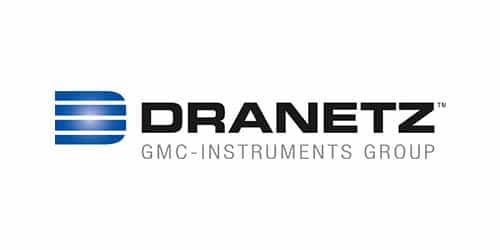



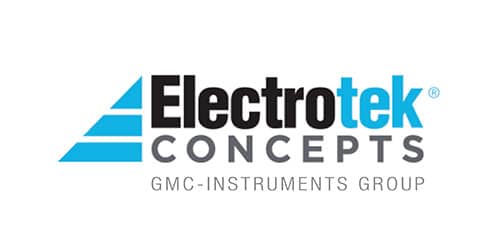
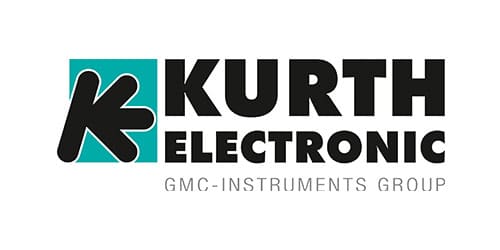
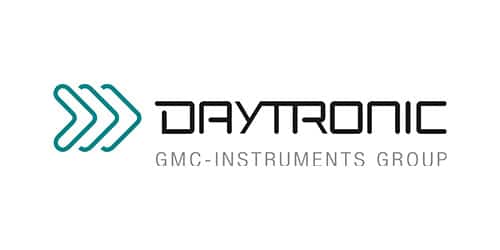
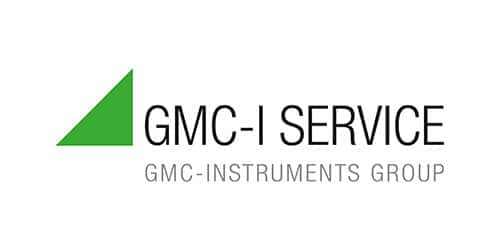

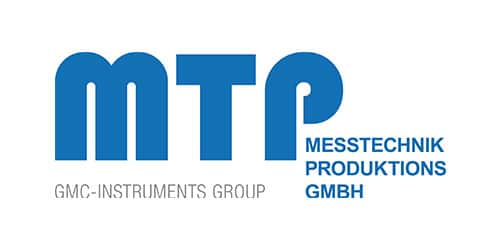
Sign up to our Newsletter.
Stay up to date with the latest industry and product news, as well as our free educational content such as webinars and our expert guides.
Close